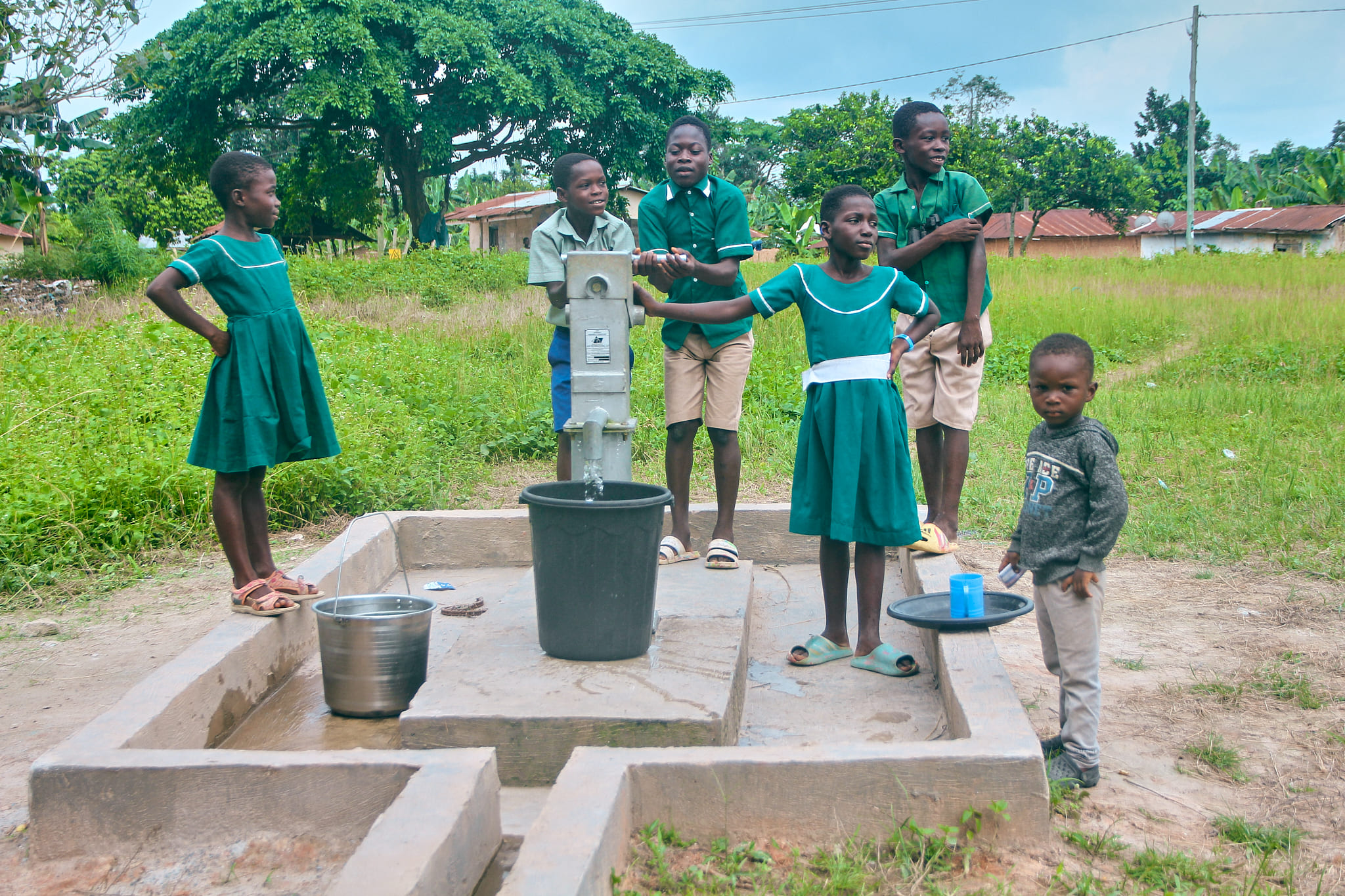World WASH Facts
billion
1
people lack access to safe drinking water.
billion
1
people lack access to safely managed sanitation UNICEF
million
1
deaths occur annually due to inadequate WASH services.
children
1
under the age of five die each year from unsafe WASH conditions.


